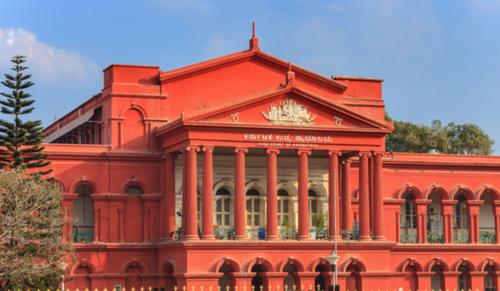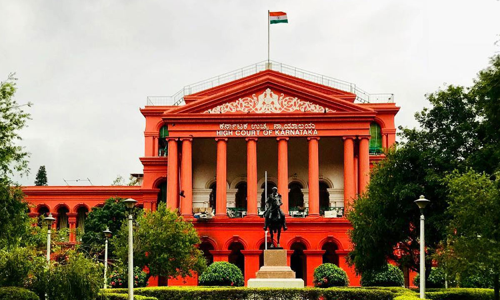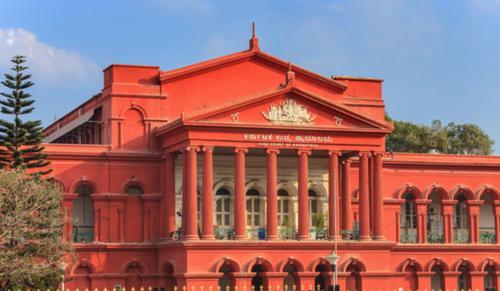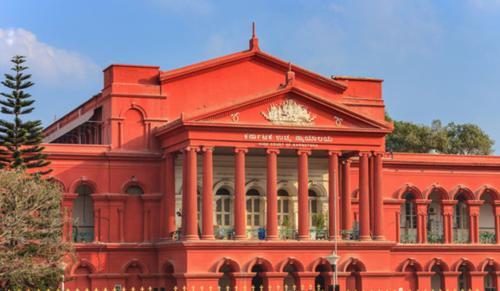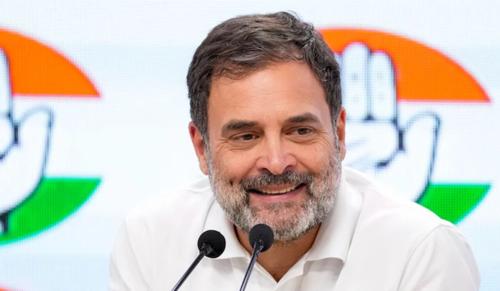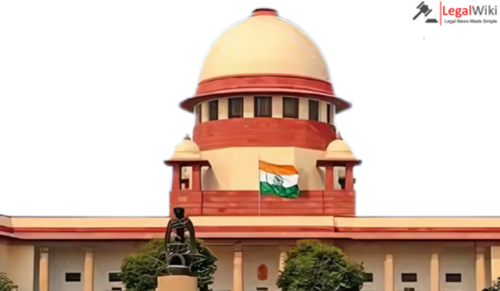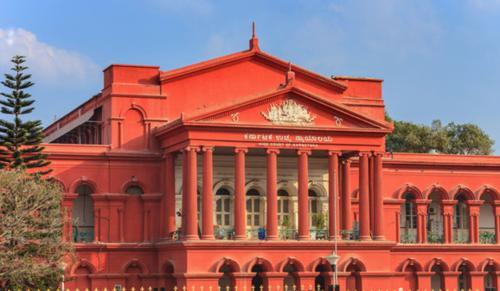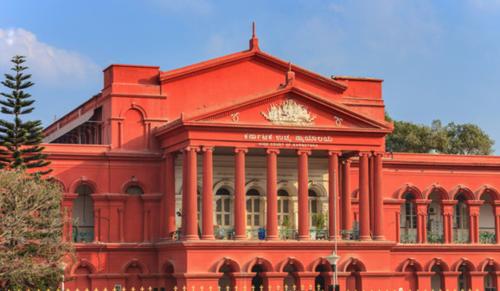The Karnataka High Court modified the sentence of two men convicted of stealing and duplicating ATM cards and withdrawing money from victims’ accounts.
While upholding their conviction under Section 66(c) of the Information Technology Act 2000 and Sections 380 and 34 of the Indian Penal Code 1860, the Court reduced their imprisonment to the 41 days already undergone and enhanced the fine to ₹2 lakh each.
Observing that criminal justice should have a reformative focus, the Court noted that they were first-time offenders.
It directed that compensation be paid to the victims and ordered the convicts to surrender if the fine is not deposited within the stipulated time.
[SahadevaPrasad urf. Prasad & Anr. v. The State of Karnataka]
